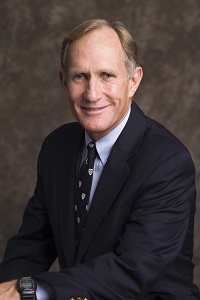Peter Agre, a Nobel laureate and former Boy Scout, exemplifies how Scouting principles can shape a life dedicated to scientific discovery and community service. Born in 1949 in Northfield, Minnesota, Agre’s early involvement in the Boy Scouts of America instilled in him a profound respect for nature and a commitment to service—qualities that would underpin his future career. His Scouting experiences fostered curiosity and a collaborative spirit, which later guided his academic pursuits in chemistry and medicine.
Agre graduated from Augsburg College and earned his M.D. from Johns Hopkins School of Medicine. His most notable scientific achievement, discovering aquaporins—water channels crucial for cellular water balance—earned him the 2003 Nobel Prize in Chemistry. This groundbreaking work has significant implications for medical and biological research, enhancing our understanding of cellular processes and potential treatments for various diseases.
Throughout his career, Agre has remained a staunch advocate for science education and international scientific cooperation, embodying the Scout’s ethos of leadership and global citizenship. His journey from a Minnesota Boy Scout to a Nobel Prize-winning scientist and advocate highlights the lasting impact of the values learned in Scouting.

